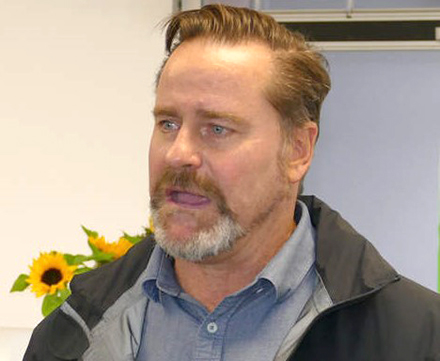The biggest risk to the Australian timber industry in tomorrow’s Federal Election it seems is that it ends with a Labor Government with the support of independents.
And by independents, in particular, read The Greens.
Consider this. Greens Senator for Tasmania Peter Whish-Wilson is already assuming “… The Greens are very close to being in the balance of power in federal government”.
And as the holders of such power, The Greens plan to spend $1 billion shutting down the native timber industry in Tasmania.
Simple as that. And of course that policy extends nationally.
Tasmania, and in particular the seat of Bass, will be vital – absolutely vital – in determining the outcome of the election and which party forms government.
Results in Bass swing wildly and it has changed hands four times since 2004.
The Liberals’ Bridget Archer has held Bass since winning the seat at the 2019 election with a margin of just 0.4 per cent.
Former member Ross Lyons, who won the seat in 2016 but lost it to Archer in 2019 by 563 votes, has been endorsed as Labor’s candidate.
She is up against seven other candidates representing the Jacqui Lambie Network, Animal Justice Party, Liberal Democrats, United Australia Party, Pauline Hanson’s One Nation and of course The Greens.
So the distribution of preferences in Bass, as it will be in so many seats, will be vital.
In the bigger picture it’s fair to say that the Opposition and the Coalition have been pretty much in even step when it comes to forestry policies in this election, particularly of course when it comes to Tasmania and the promise of a new National Institute for Forest Products Innovation based at the University of Tasmania in Launceston which of course just happens to be in the electorate of Bass.
And both parties have pledged their support for the native timber industry nationally.
The Opposition leader Anthony Albanese even took the almost unprecedented step of writing to Tasmanian timber workers backing their jobs and promising “that if I become Prime Minister, a Government I lead will not shut down the native forest industry in Tasmania”.
Strong words, and a substantial commitment.
One clear picture has emerged. According to the Lowy Institute some recent opinion polls have suggested the non-major party or independent primary vote could exceed 30 per cent tomorrow.
The institute points out that this situation is being accentuated in this campaign by the rise of a new cadre of mostly female independent candidates from professional backgrounds who are threatening to win seats from the Coalition by urging greater action on climate change. They are running as the “teals” reflecting their claimed blue (centre-right) origin but green policy focus, the institute says.
There are of course many priorities for voters; the economy, China, housing, wages, cost of living, unemployment and so on.
But whatever agenda, best advice tomorrow is to look where your preferred candidate is directing his or her preferences.
It could make a world of difference.






